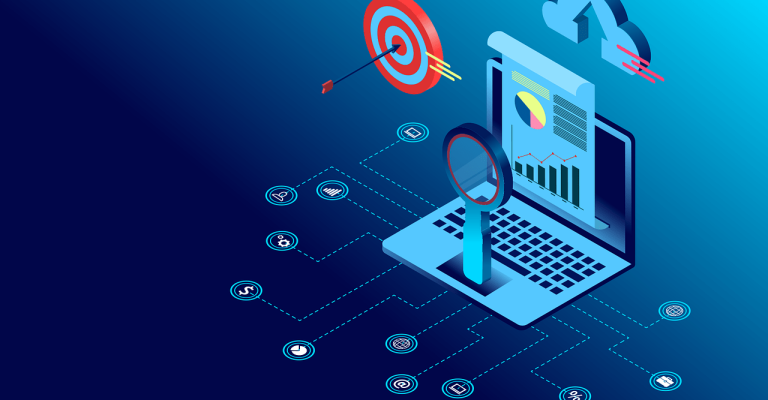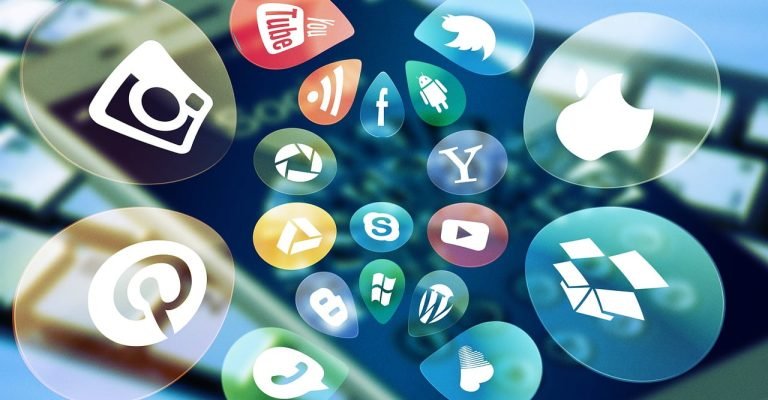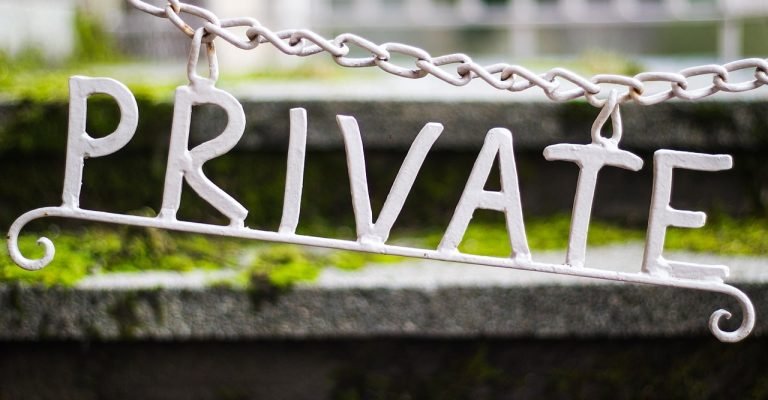Why a Hacker loves your social media profile introduction
In today’s digitally connected world, social media has become a treasure trove of information, not just for your friends and family, but for hackers as well. With every post, like, and share, you might be revealing more than you think. Let’s dive into why hackers love your social media posts and how you can protect yourself from becoming their next target.
Personal Information Galore
Birthdays, Anniversaries, and More
Every time you celebrate your birthday, anniversary, or even your pet’s adoption day, you’re sharing valuable information. Threat actors can use these dates to crack your passwords or answer security questions on your online accounts. Think about it: how many of your passwords are based on your significant dates?
Location Tags and Check-Ins
When you tag your location at a restaurant, gym, or vacation spot, you’re broadcasting your whereabouts to the world. This can lead to stalking or even burglaries if hackers know you’re not home. Plus, it gives cybercriminals clues about your daily routines and habits.
Family and Friends
By tagging friends and family in your posts, you’re not just sharing your personal life but theirs too. Hackers can piece together your relationships, creating a detailed map of your social network. This information can be used for social engineering attacks, where hackers impersonate your loved ones to gain your trust and access your information.
Oversharing Your Opinions and Interests
Political and Social Views
Your opinions on politics, social issues, and other sensitive topics can be exploited. Threat actors might use this information to craft phishing messages that resonate with your beliefs, increasing the chances of you falling for their scams.
Hobbies and Interests
Your hobbies and interests might seem harmless, but they can be used to guess your passwords or security questions. For example, if you frequently post about your love for your dog named “Buddy,” a hacker might try “Buddy” as a password or a security answer.
The Danger of Public Profiles
Easy Access
Public profiles are a goldmine for hackers. They can access your photos, posts, friends list, and more without any barriers. This unrestricted access makes it easier for them to gather information and launch targeted attacks.
Impersonation and Identity Theft
With enough information, hackers can create fake profiles impersonating you. They can then scam your friends and family, asking for money or personal information. This not only harms you but also your loved ones.
Protecting Yourself: Best Practices
Adjust Privacy Settings
Review your social media privacy settings regularly. Limit who can see your posts, personal information, and friends list. This makes it harder for hackers to gather data about you.
Be Mindful of What You Share
Think twice before posting personal details, location tags, or tagging friends and family. Ask yourself if the information you’re sharing could be used against you.
Strong, Unique Passwords
Use strong, unique passwords for your social media accounts and avoid using easily guessable information like birthdays or pet names. Consider using a password manager to keep track of your passwords.
Enable Two-Factor Authentication
Enable two-factor authentication (2FA) on your social media accounts. This adds an extra layer of security, making it harder for hackers to gain access even if they have your password.
Educate Yourself and Your Network
Stay informed about the latest social media security tips and share this knowledge with your friends and family. The more people are aware, the harder it is for hackers to exploit social media.
Hackers’ Tactics on Social Media
Phishing Scams
One common tactic hackers use is phishing. They create fake profiles or hijack existing ones to send you malicious links or ask for personal information. These messages often look convincing, mimicking your real friends or trusted companies.
Malicious Links and Downloads
Hackers often post links or downloads on social media that appear harmless but contain malware. Clicking on these links can lead to your device being infected, giving hackers access to your personal data.
Fake Contests and Giveaways
Beware of contests and giveaways that seem too good to be true. Hackers use these to lure you into providing personal information or downloading malware. Always verify the legitimacy of such promotions before participating.
Real-Life Examples of Social Media Exploits
The Celebrity Hacker
A notable example is the hacker who exploited the social media accounts of high-profile celebrities to steal and leak personal photos. By piecing together information from their posts, the hacker was able to answer security questions and gain access to their accounts.
The Social Engineering Expert
Another case involved a hacker who used information gathered from social media to trick a company’s employee into revealing confidential information. By studying the employee’s posts, the hacker crafted a convincing story that led to a major data breach.
The Location Stalker
In a more sinister scenario, a burglar used social media to track a family’s vacation posts. Knowing they were away from home, the burglar broke in and stole valuable items. This highlights the dangers of sharing real-time location information.
Advanced Security Measures
Regular Account Audits
Perform regular audits of your social media accounts. Check for any suspicious activity or unfamiliar devices that have accessed your accounts. Remove any apps or services that you no longer use.
Use a VPN
Using a Virtual Private Network (VPN) adds an extra layer of security when accessing social media, especially on public Wi-Fi. A VPN encrypts your internet connection, making it harder for hackers to intercept your data.
Monitor Your Digital Footprint
Regularly search your name online to see what information is publicly available. This can help you identify and remove unwanted personal information that could be exploited by hackers.
Educate and Empower Others
Spread awareness about social media security among your friends, family, and colleagues. The more people are informed about the risks and protective measures, the safer the online community becomes.
Conclusion
While social media is a fantastic way to stay connected and share your life with others, it also comes with risks. Hackers are constantly on the lookout for valuable information that can be gleaned from your posts. By understanding the dangers and taking proactive steps to protect yourself, you can enjoy social media without falling victim to cybercriminals.














